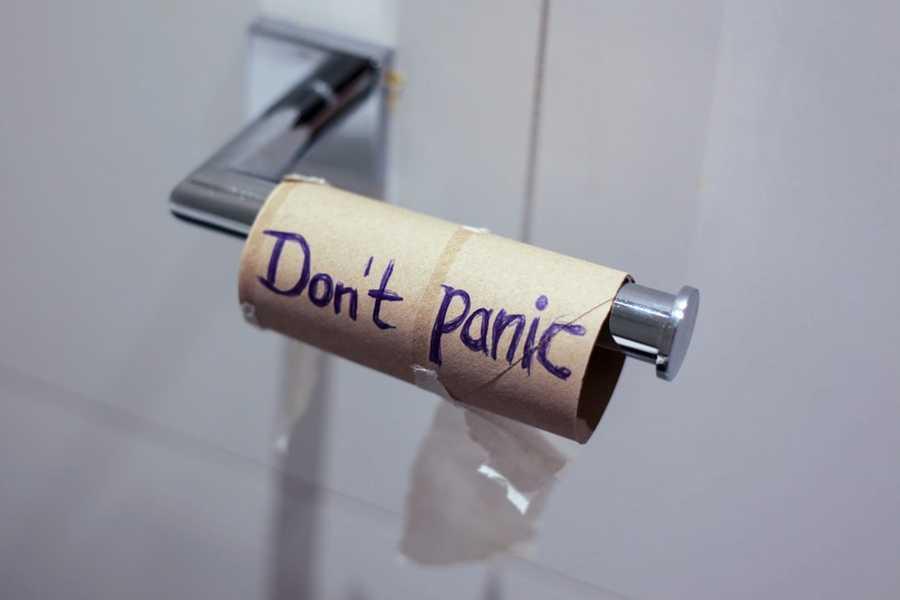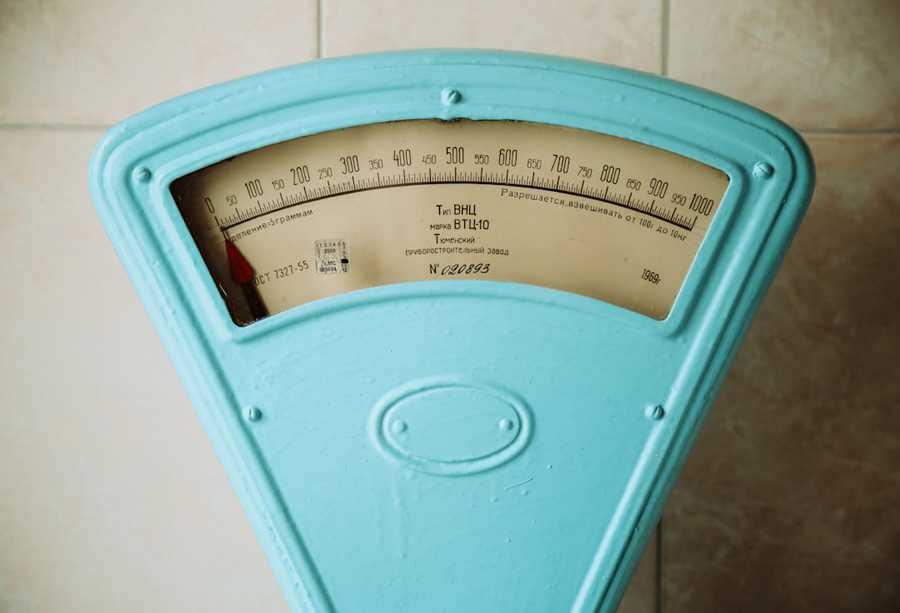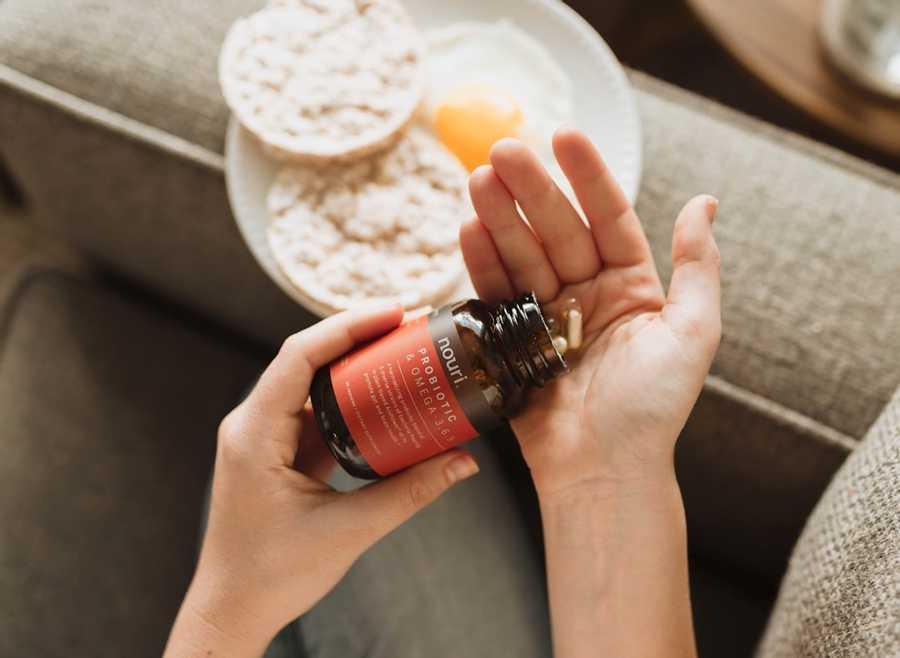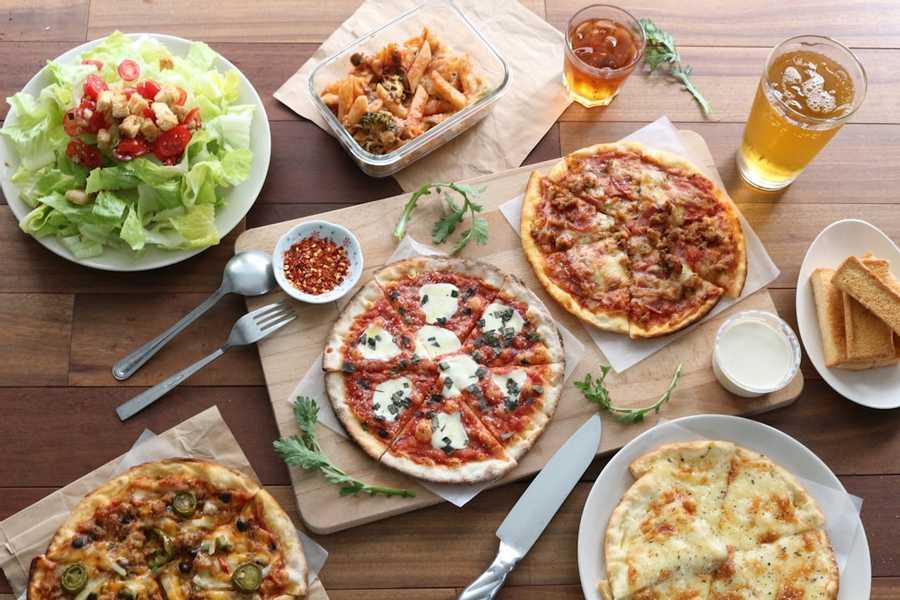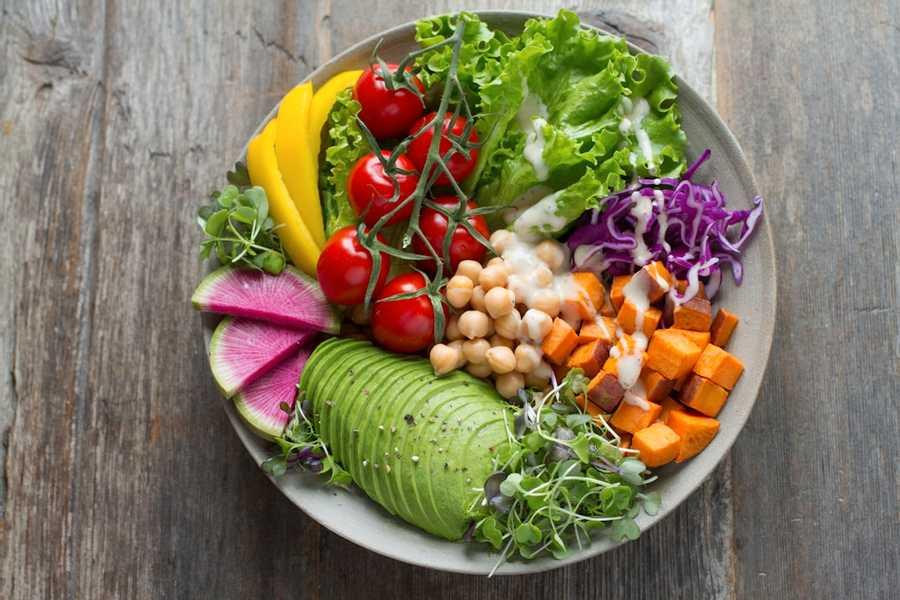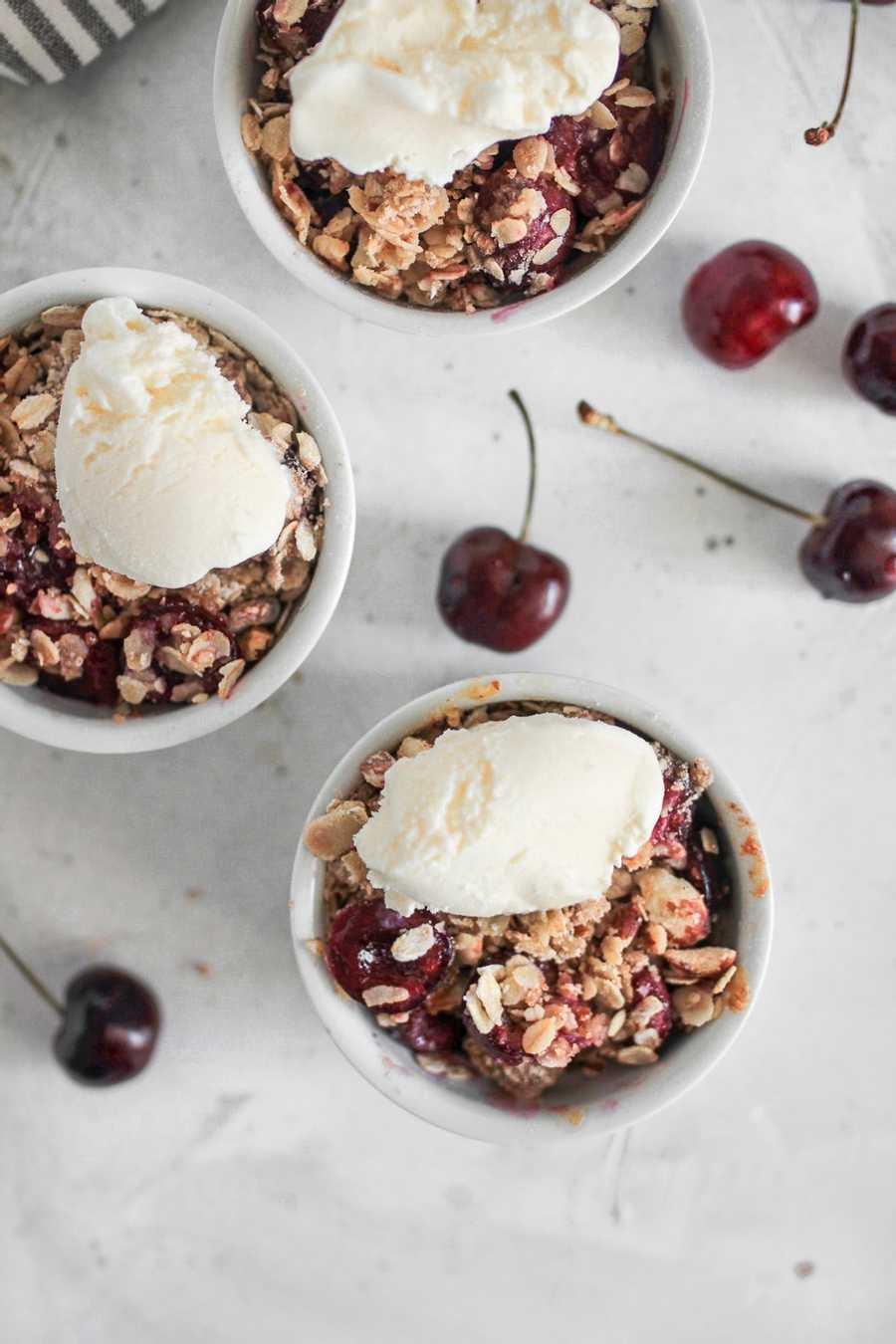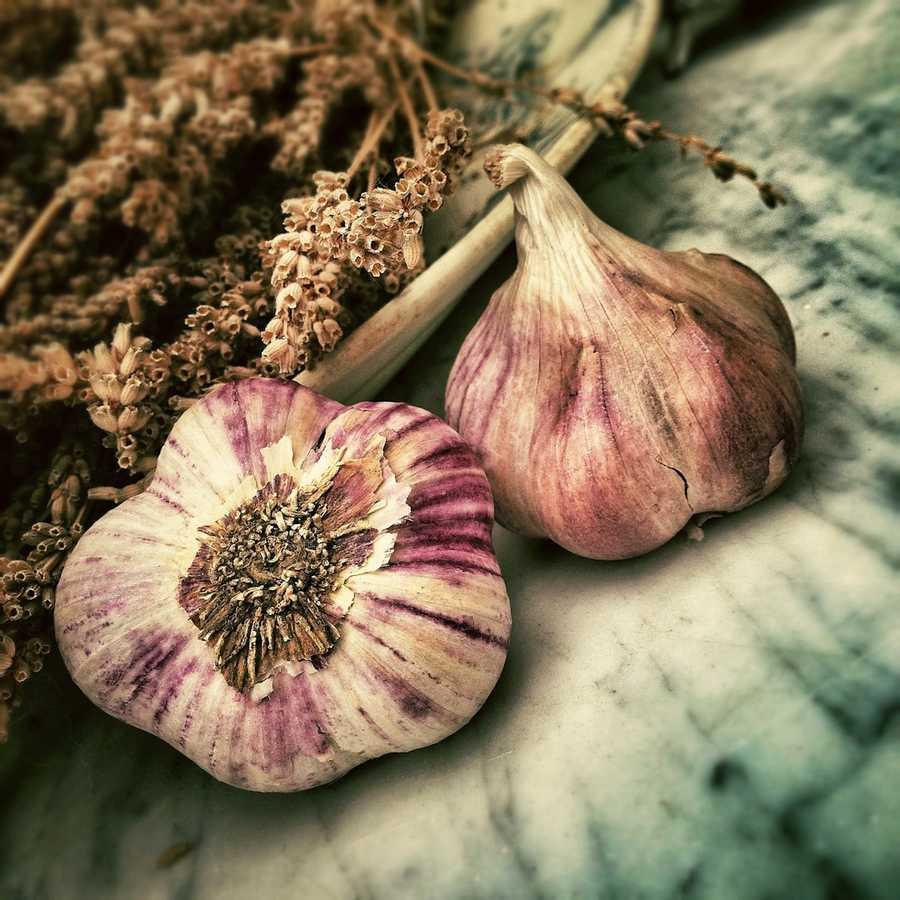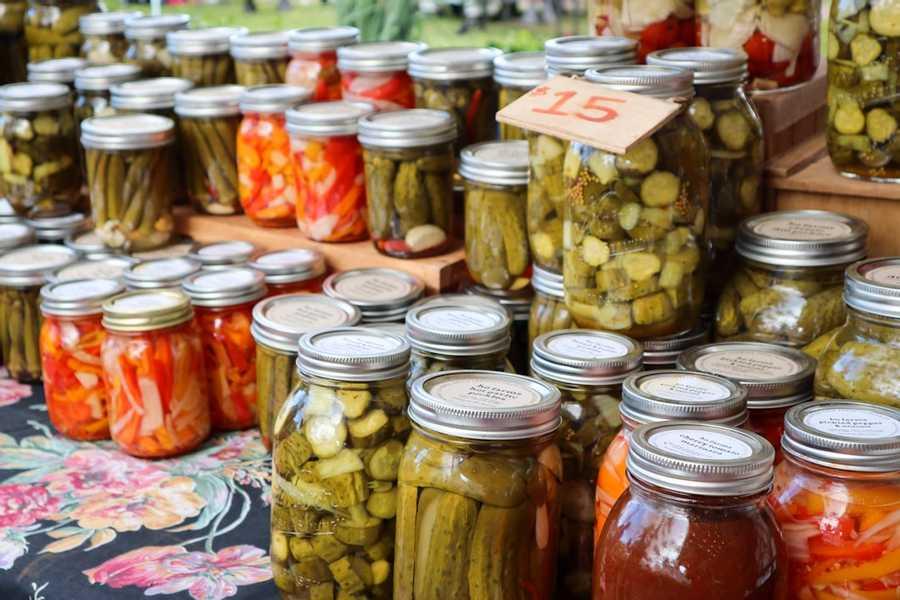Explore the World's Best Ideas
Join today and uncover 100+ curated journeys from 50+ topics. Unlock access to our mobile app with extensive features.
Gut Microbiome
- The term “gut microbiome” refers specifically to the microorganisms living in your intestines.
- A person has about 300 to 500 different species of bacteria in their digestive tract.
- While some microorganisms are harmful to our health, many are incredibly beneficial and even necessary to a healthy body.
- Having a wide variety of these good bacteria in your gut can enhance your immune system function, improve symptoms of depression, help combat obesity, and provide numerous other benefits.
242
1.85K reads
Many facets of modern life affect our gut microbiome
- Many facets of modern life such as high stress levels, too little sleep, eating processed and high-sugar foods, and taking antibiotics can all damage our gut microbiome.
- This in turn may affect other aspects of our health, such as the brain, heart, immune system, skin, weight, hormone levels, ability to absorb nutrients, and even the development of cancer.
- There are a number of ways an unhealthy gut might manifest itself.
- Here are seven of the most common signs:
231
1.37K reads
1. Upset stomach
Stomach disturbances like gas, bloating, constipation, diarrhea, and heartburn can all be signs of an unhealthy gut.
A balanced gut will have less difficulty processing food and eliminating waste.
230
1.77K reads
2. A high-sugar diet
A diet high in processed foods and added sugars can decrease the amount of good bacteria in your gut.
This imbalance can cause increased sugar cravings, which can damage your gut still further.
High amounts of refined sugars, particularly high-fructose corn syrup, have been linked to increased inflammation in the body.
Inflammation can be the precursor to a number of diseases and even cancers.
237
1.16K reads
3. Unintentional weight changes
Gaining or losing weight without making changes to your diet or exercise habits may be a sign of an unhealthy gut.
An imbalanced gut can impair your body’s ability to absorb nutrients, regulate blood sugar, and store fat.
Weight loss may be caused by small intestinal bacterial overgrowth (SIBO), while weight gain may be caused by insulin resistance or the urge to overeat due to decreased nutrient absorption.
235
1.01K reads
4. Sleep disturbances or constant fatigue
An unhealthy gut may contribute to sleep disturbances such as insomnia or poor sleep, and therefore lead to chronic fatigue.
The majority of the body’s serotonin, a hormone that affects mood and sleep, is produced in the gut.
So gut damage can impair your ability to sleep well. Some sleep disturbances have also been linked to risk for fibromyalgia.
236
1.02K reads
7. Food intolerances
Food intolerances are the result of difficulty digesting certain food.
Food intolerances may be caused by poor quality of bacteria in the gut.
This can lead to difficulty digesting the trigger food and unpleasant symptoms such as bloating, gas, diarrhea, abdominal pain, and nausea.
Some food allergies may be related to gut health too.
230
880 reads
1. Lower your stress levels
Chronic high levels of stress are hard on your whole body, including your gut.
Some ways to lower stress may include meditation, walking, getting a massage, spending time with friends or family, diffusing essential oils, decreasing caffeine intake, laughing, yoga, or having a pet.
240
990 reads
2. Get enough sleep
Not getting enough or sufficient quality of sleep can have serious impacts on your gut health, which can in turn contribute to more sleep issues.
Try to prioritize getting at least 7–8 hours of uninterrupted sleep per night.
Your doctor may be able to help if you have trouble sleeping.
235
739 reads
3. Eat slowly
Chewing your food thoroughly and eating your meals more slowly can help promote full digestion and absorption of nutrients.
This may help you reduce digestive discomfort and maintain a healthy gut.
243
930 reads
4. Stay hydrated
Drinking plenty of water has been shown to have a beneficial effect on the mucosal lining of the intestines, as well as on the balance of good bacteria in the gut.
Staying hydrated is a simple way to promote a healthy gut.
240
737 reads
5. Take a prebiotic or probiotic
Adding a prebiotic or probiotic supplement to your diet may be a great way to improve your gut health.
Prebiotics provide “food” meant to promote the growth of beneficial bacteria in the gut, while probiotics are live good bacteria.
People with bacterial overgrowth, such as SIBO, should not take probiotics. Not all probiotic supplements are high quality or will actually provide benefit.
It’s best to consult your healthcare provider when choosing a probiotic or prebiotic supplement to ensure the best health benefit.
235
815 reads
6. Check for food intolerances
If you have symptoms such as cramping, bloating, abdominal pain, diarrhea, rashes, nausea, fatigue, and acid reflux, you may be suffering from a food intolerance.
You can try eliminating common trigger foods to see if your symptoms improve.
If you are able to identify a food or foods that are contributing to your symptoms, you may see a positive change in your digestive health by changing your eating habits.
235
688 reads
7. Change your diet
Reducing the amount of processed, high-sugar, and high-fat foods that you eat can contribute to better gut health.
Additionally, eating plenty of plant-based foods and lean protein can positively impact your gut.
A diet high in fiber has been shown to contribute tremendously to a healthy gut microbiome.
Diet and gut health are very closely linked.
243
748 reads
1. High-fiber foods
High-fiber foods such as legumes, beans, peas, oats, bananas, berries, asparagus, and leeks have shown a positive impact on gut health in numerous studies.
257
1.08K reads
2. Garlic and onion
Garlic and onion may have some anti-cancer and immune system-enhancing properties based on various studies, which are closely tied to some of the primary functions of the gut.
Some of these benefits are anecdotal, although some research has been done.
250
1K reads
3. Fermented foods
Fermented foods such as kimchi, sauerkraut, yogurt, tempeh, miso, and kefir are great dietary sources of probiotics.
While the quality of these foods may vary, their benefits on the gut microbiome are well studied.
256
1.07K reads
4. Collagen-boosting foods
Collagen-rich food may be beneficial to overall health and gut health specifically.
The human gut is more complex than previously thought and has a huge impact on whole-body health.
A healthy gut contributes to a strong immune system, heart health, brain health, improved mood, healthy sleep, and effective digestion, and it may help prevent some cancers and autoimmune diseases.
There are a number of lifestyle changes you can make to positively affect your gut health and your overall health as a result.
246
985 reads
IDEAS CURATED BY
Lawyer turned Artist Visionary Curator & Gallerist. Empowering self-love and joy through art & words. www.innerjoyart.com 💝 Instagram : dymphna.art
Dymphna Lanjuran's ideas are part of this journey:
Learn more about health with this collection
How to choose the right music for different tasks
The benefits of listening to music while working
How music affects productivity
Related collections
Similar ideas
10 ideas
Why the Gut Microbiome Is Crucial for Your Health
healthline.com
5 ideas
Read & Learn
20x Faster
without
deepstash
with
deepstash
with
deepstash
Personalized microlearning
—
100+ Learning Journeys
—
Access to 200,000+ ideas
—
Access to the mobile app
—
Unlimited idea saving
—
—
Unlimited history
—
—
Unlimited listening to ideas
—
—
Downloading & offline access
—
—
Supercharge your mind with one idea per day
Enter your email and spend 1 minute every day to learn something new.
I agree to receive email updates



